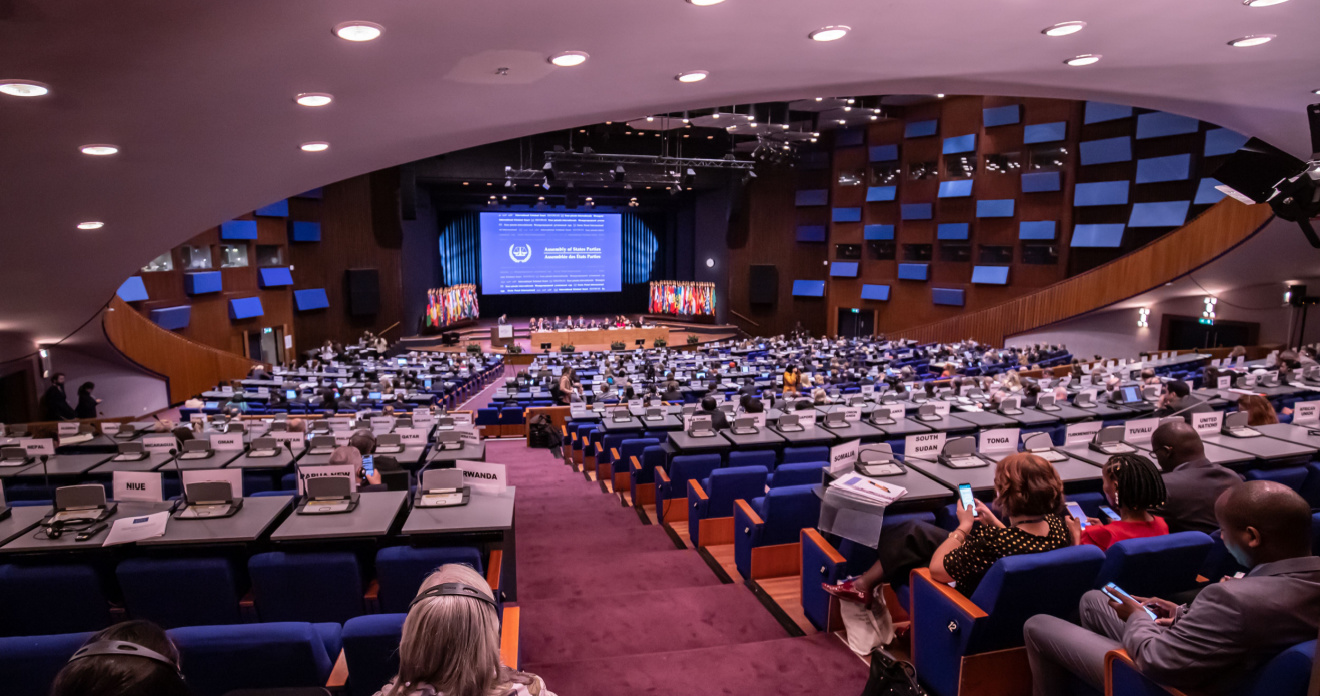International Child Abduction and The Hague Convention

Child abduction is probably one of the most devastating things to happen in a child’s and a parent’s life. It is often by a family member usually a parent, who takes a child away from their home and everything they know. It is a criminal offence but it is the also an area of family law where countries have shown the greatest international collaboration. Practical action can be taken by parents to reduce the possibility of an abduction but in the event of an abduction, specialist legal advice should be taken.
The Hague Convention 1980 is an international piece of family law. A list of the Countries who have signed the Hague Convention can be found at international-child-abduction-and-contact-unit-form-guidance-notes.doc (live.com). England and Wales are signatory to the Hague Convention.
If the child has been abducted to England, the parent who has been left behind is entitled to non-means and non-merits tested legal aid. An application is made to the Central Authority of that country who will liaise with the Central Authority in England who will then appoint an experienced solicitor to represent the parent. The same process applies where a child is abducted from England to another country signatory to the Hague Convention 1980. But it should be noted that the practice outside of Europe varies greatly.
Each signatory country has agreed that if a child is abducted to its country that it will not enter into a full investigation in relation to custody, contact or other parenting arrangements etc in respect of the child which will instead be left to the Court in the country where the child was last habitually resident. It will instead secure the child’s early and safe return to their home country. There is a duty to act expeditiously in proceedings for the return of a child. The High Court in England & Wales usually deal with these application within six weeks of the date that the proceedings are issued.
In order to pursue an application, the left behind parent must show:-
That there has been a wrongful removal or retention. A removal is at the date of departure and a retention follows a lawful removal e.g. a retention after an agreed period of holiday.
They have rights of custody and have been exercising those at the time of the removal or retention.
The child must have been habitually resident in the country it left with the abducting parent.
The process is summary in nature and there are limited defences which the abducting parent can rely upon namely:-
The left behind parent consented or subsequently acquiesced to the removal of the child.
The left behind parent did not have rights of custody at the time of removal.
There is a grave risk that the child’s return would cause both physical or psychological harm, or otherwise place him/her in an intolerable situation.
The child objects and is of an age and maturity of which is appropriate to take account of the child’s views.
Settlement – the child has been living in the new country for 12 months or longer.
A return order is for the child to be returned and not the parent. However, if the parent agrees to return the Court will prefer the parent to return the child and special measures can be put in place to secure a safe return.
This is a highly technical area of international family law. Early advice should be taken from a specialist by a left behind parent as well as the abducting parent. At RWK Goodman our Partner and Head of International Children, Kim Lehal can advise and support you with all aspects of international children law.


